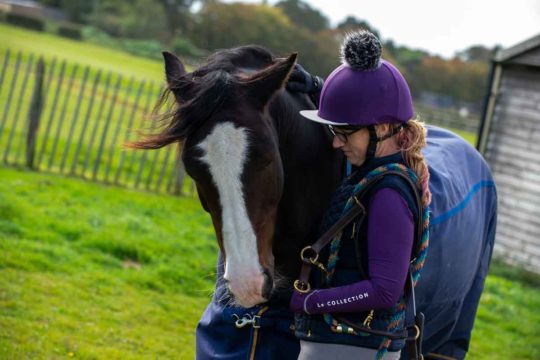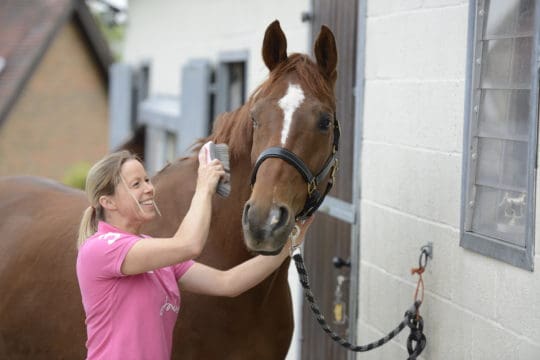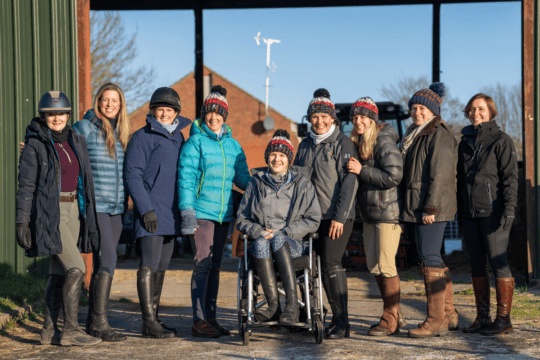
Most Read Articles
Atypical myopathy is a serious illness usually found in grazing horses in the autumn and spring. RSPCA chief inspector Cathy Hyde, who heads a specialist team of equine officers, said: “It appears that vets have seen more cases of this debilitating and sadly often fatal condition this autumn than in previous years and that risk is likely to be carried through to the spring.
“We are concerned that there have been some instances where early diagnosis and therefore potential life saving veterinary treatment has been missed due to the symptoms being subtle or confused with other conditions. It is crucial that horse owners seek veterinary advice at the earliest possible opportunity as, although the death rate is high, up to half of cases can be saved if they are treated promptly. It is worth owners being aware that younger horses appear more vulnerable to atypical myopathy.
“We would urge horse owners not to graze horses near to sycamore trees from the autumn through until late spring and to check their horses at least twice a day. Paddocks with sycamores should not be used or areas around trees should be cordoned off. If horses have to be grazed near the trees then there should be plenty of grazing or supplementary forage available. This should be well away from the trees to prevent seeds blowing into the feed.” David Rendle is an equine medicine specialist at Liphook Equine Hospital where a number of horses have been treated for the disease in the last few weeks. He said: “The disease results in muscle damage. It affects the muscles that enable the horse to stand, the muscles that allow breathing and the heart muscle. As a result, horses can display a range of signs but typically become very dull, weak, tremble, show signs of pain and may be unable to lift their heads or even remain standing. The disease can be confused with colic or laminitis and unfortunately some horses are just found dead.”
Clinical signs of Atypical Myopathy:
- Weakness
- Muscle trembling
- Lethargy Pain
- Recumbency (lying down)
- Discoloured urine (brown/dark red)
- Difficulty breathing
- Difficulty swallowing
Advice for horse owners:
- Check your pet insurance is up to date
- Section off areas around poisonous trees and collect and dispose of leaves safely away from horses
- Check any streams going through the grazing Be vigilant of the potential signs
- Ensure you check your horse at least twice a day
- Ensure that supplementary food and grazing is located away from sycamore trees













